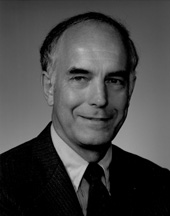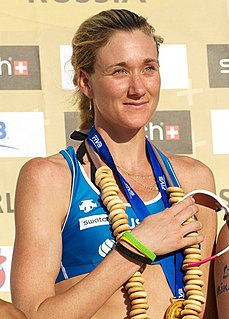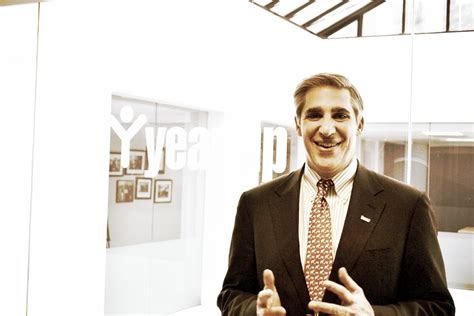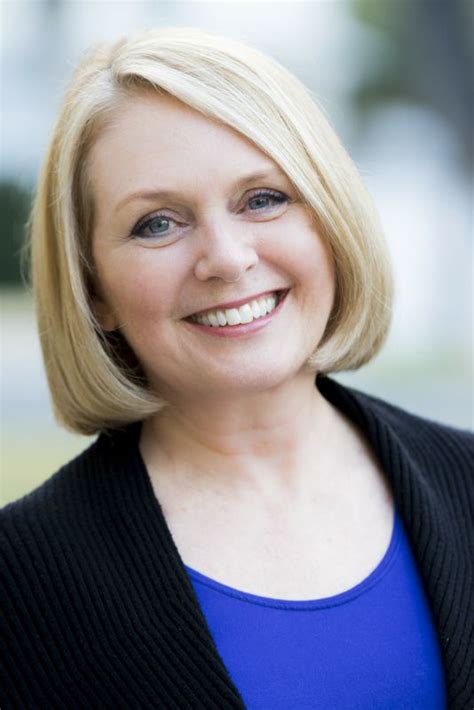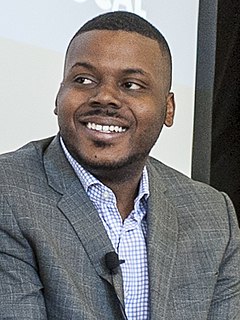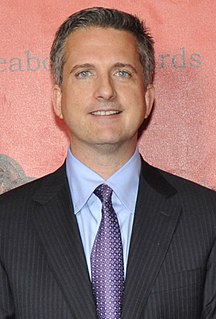A Quote by Daniel J. Evans
I might say that in retrospect, looking at where the community college system is today, I think we may have gone too far. The community college system is so big, so broad, so consuming of tax money.
Related Quotes
The strike and its outcome had an enormous impact on the system of education and on our lives as well. The strike began as a response to the college's refusal to hire Professor Nathan Hare [the so-called father of black studies], and certainly unified the college around issues of justice. These issues were reflected in many communities: the Asian American community, Hispanic community, Native American community.
As far as my sport is concerned, my mission is to make it as big as it deserves to be. We've been growing, it's just not as noticeable. The NCAA picked beach volleyball up to be a championship sport, and it was the fastest test sport that's been adopted. That's a really big deal for our sport because that just means the USA system is going to have a feeder system from the college system.
You have to be a cop-out or a wash-out or a dropout to come to our college. You have to work with your hands. You have to have a dignity of labor. You have to show that you have a skill that you can offer to the community and provide a service to the community. So we started the Barefoot College, and we redefined professionalism.
If the goal is to dramatically improve college completion rates, not college-going rates by itself but college completion, it's not just a college problem. We need a big focus on early childhood education. Our early childhood education system is pretty good in this country. Not enough students have opportunity. And, very discouragingly, they lose their advantage because they go to poor schools after that. So, let's focus on our babies.
If you have a privately owned system, there's going to be monies leaving the community that will go towards shareholder dividends and high salaries. If you have a community owned, municipally owned facility, those extra resources are being reinvested in the community and they can be going to weatherization and other projects that are vested in the community.
